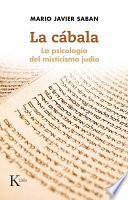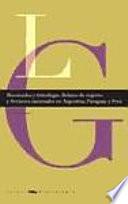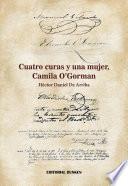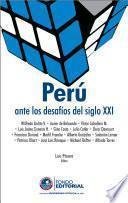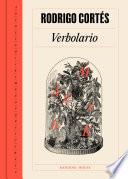Judíos conversos: Los marranos y la economía en el Río de la Plata
Resumen del Libro
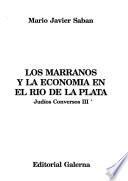
Vol. I traces Jewish influence in colonial Argentina, and Jewish origins of many of the most illustrious Argentinian families. Pt. A (pp. 15-46), "España-Portugal-Brasil: La aparición del judío portugués", describes the expulsion from Spain, the forced conversion of the Jews in Portugal (1497), the ordeal of the Conversos at the hands of the Portuguese Inquisition (1536-1821), and the massive emigration, and sometimes deportation, of Conversos to Brazil. Pt. B (pp. 49-263) analyzes the Jewish presence in the Spanish Río de la Plata where Portuguese Conversos sought refuge from 1580, especially after persecutions in Brazil (1618-54). Describes the surveillance and accusations of Judaizing (e.g. the León Pinelo family, 1594), pressure for the creation of a local Inquisition, and various attempts to expel "Portuguese" from Buenos Aires (1606, 1705). Outlines the Converso contribution to colonial society as doctors, teachers, musicians, and merchants. The status "suspected of Judaizing" ended only with Argentinian independence (1816-24). Vol. II surveys the Portuguese Converso community in Argentina, recalling a long series of discriminations, denunciations to the Inquisition, and expulsions. Quotes from official Spanish documents. Both volumes contain genealogical trees of prominent Argentinians with Jewish antecedents.
Ficha Técnica del Libro
Número de páginas 550
Autor:
Categoría:
Formatos Disponibles:
PDF, EPUB, MOBI
¿Cómo descargar el libro?
Valoración
3.1
14 Valoraciones Totales
